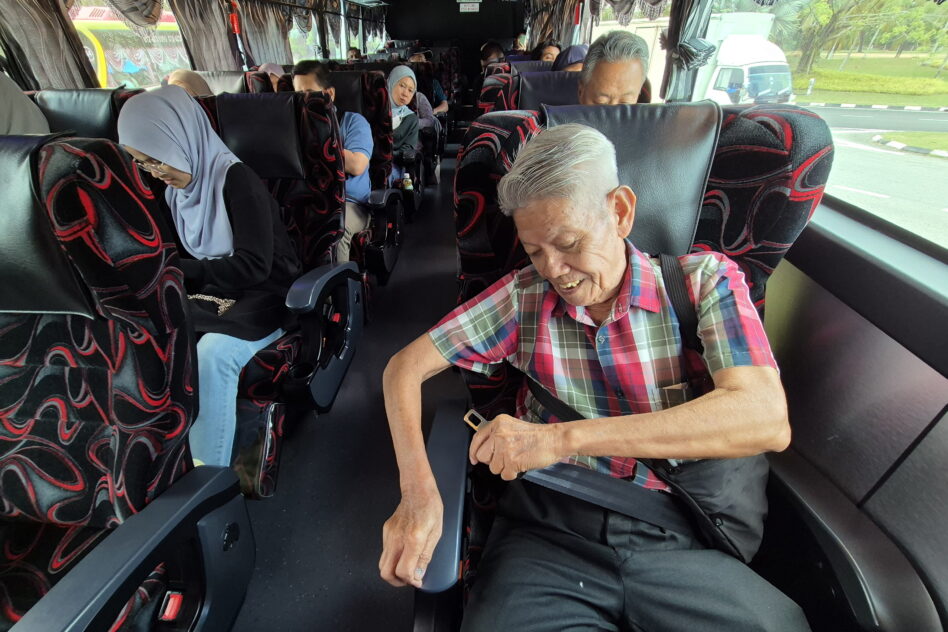KUALA LUMPUR: Malaysia can be an attractive destination for Japanese companies in the manufacturing, information technology, service, logistics, real estate and retirement industries, says a Malaysian investment banker practising in the world’s third largest economy.
InterAsia Links Co. Ltd founder and managing director Chuah Yeon Hang said Japanese manufacturers could enhance their product market access to the Middle Eastern and Muslim markets by using the halal certification processes as well as establishing halal product manufacturing in Malaysia.
After a 25-year career in international investment banking, mostly in Japan, Chuah, a permanent resident in Japan, founded InterAsia on July 1, 2009.
Tokyo-based InterAsia provides advisory services in mergers and acquisitions, joint ventures, investments or partnerships to Japanese companies entering the East Asian markets, as well Asian companies making inroad into Japan.
Chuah, who is also an executive council member of the Malaysia-Japan Economic Association, feels the Malaysia government needs to take a more proactive approach in communicating with international investors to boost investor confidence and attract more investments into the country.
“While Malaysia is one of the many destinations for Japanese investors who look to invest in Asean countries, we can make ourselves an attractive destination by engaging in more proactive dialogues with investors to help boost their confidence in us,” said Chuah, who is also an alternate representative of the East Asia Business Council.
Chuah said foreign investors invariably look for a stable leadership succession plan, as well as strong management of the economy when considering investing in a country.
He stressed that Japanese companies are still committed to invest in Malaysia, reinforced by the Look East Policy (LEP) which is aimed at learning and emulating Japan’s culture of excellence in nation building.
Since its inception in 1982, the LEP has contributed to enhancing Malaysia-Japan collaboration in various areas such as education, human resource development, and science and technology.
Chuah saw Malaysia’s potential in becoming an automotive hub for the Asean region through partnership with major Japanese car producers led by the new LEP 2.0 that would broaden into the areas under the fourth industrial revolution.
“Malaysia has all the infrastructure to position itself as the middle to higher end value-added manufacturing base for the automotive and electrical and electronics industry,” he added.
He said Malaysia may not be able to compete with Vietnam and Indonesia as low-cost production bases or compete effectively with Singapore as producer of best quality products, but it could position itself as a producer mid-range products for the niche market. – Feb 24, 2020, Bernama









